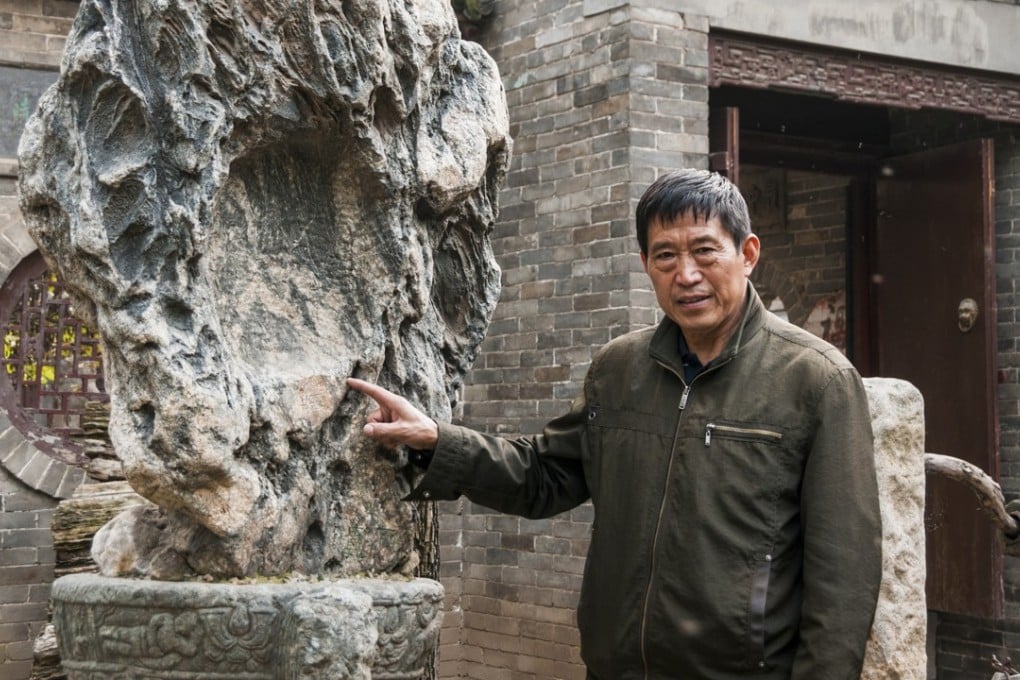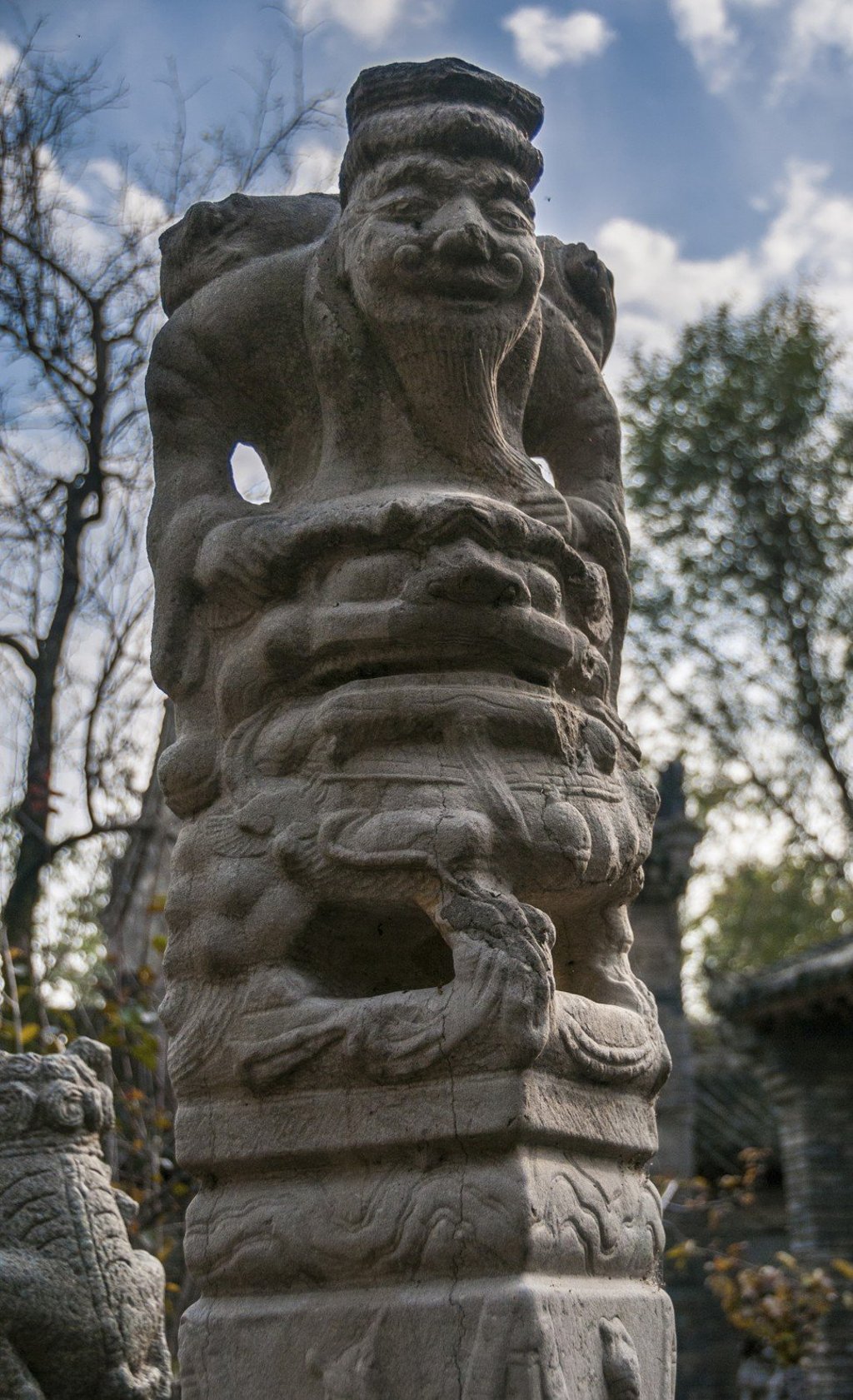Why a former Red Guard now saves Chinese antiques and uses his collection to educate young people
Wu Jianguo hopes his collection of some 15,000 antiques, housed in a private museum in his rural hometown, will help his countrymen deal with their confusion over China’s past

When Chairman Mao’s Red Guards embarked on their mission to eradicate any sign of China’s feudal past, an untold number of ancient texts, relics, religious sites and citizens’ private belongings were targeted for destruction.
For Wu Jianguo, a former Red Guard from the poor farming village of Lijia Shizi, 90 kilometres from downtown Xian, in northwest China, there was nothing to destroy.
Book review: the Red Guard generation and how they shaped modern China
“You hear or read about Red Guards destroying national treasures, but that never happened in our place. Farmers are the poorest people. They had nothing valuable in their homes. They didn’t even have anything to eat,” he says.
Ironically, Lijia Shizi now has a collection of about 15,000 antiques brought together over the years by Wu and housed in a private museum he established. It is a situation that Wu could at one time never have imagined.

Wu was born in 1950 to a poor peasant family in the northwestern province of Shaanxi, a year after Mao Zedong’s communists took power in China. Like many of his generation, he took the given name Jianguo, meaning “to build the country”.
His mother, orphaned at the age of nine, had escaped from a marriage to an opium addict. With few future prospects, she married Wu’s impoverished father.
